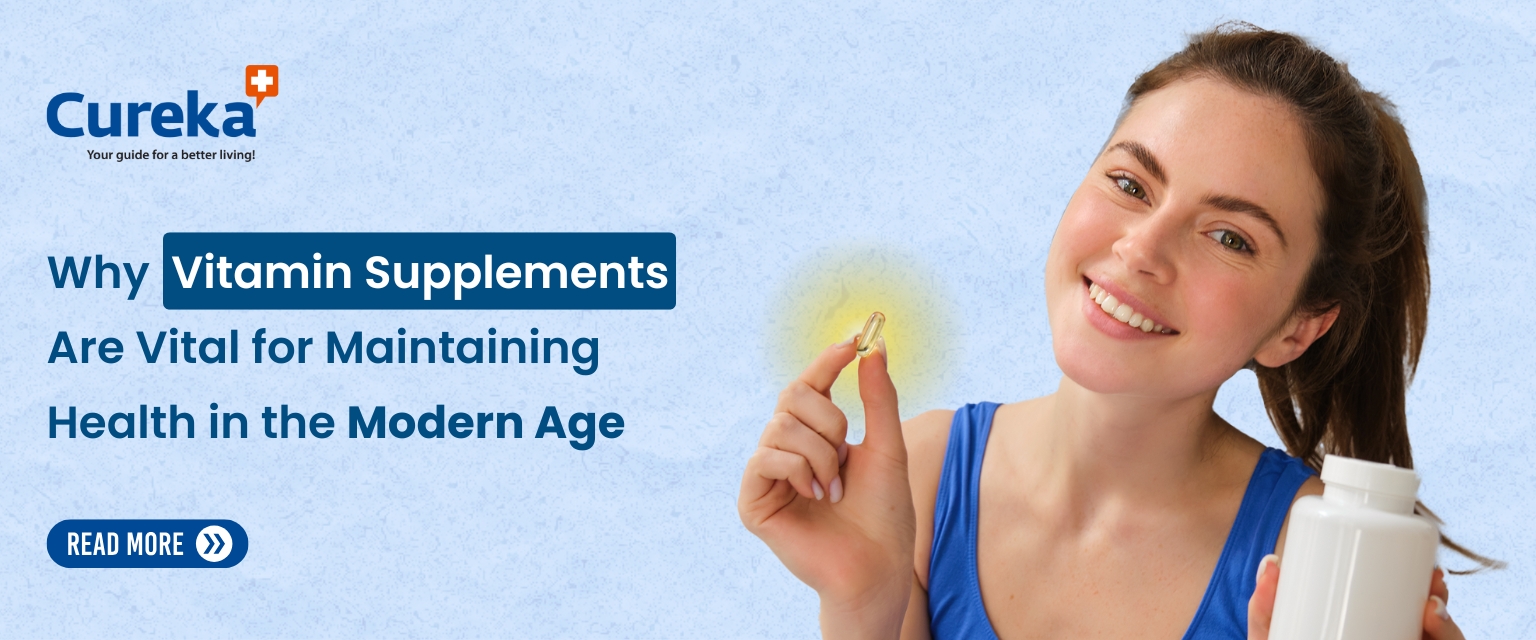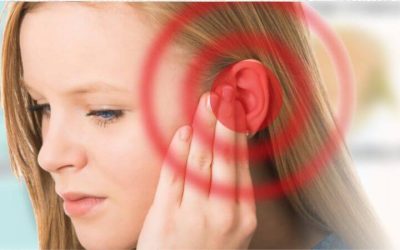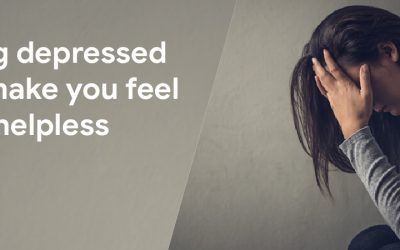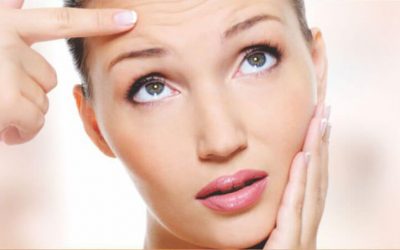Why Vitamin Supplements Are Vital for Maintaining Health in the Modern Age?
In today’s fast-paced lifestyle, even the most health-conscious individuals often struggle to meet their nutritional needs. While a balanced diet is fundamental to health, various factors like modern farming practices, stress, and lack of time make it increasingly difficult to get all the essential nutrients from food alone. This is where vitamin supplements step in as a reliable solution to bridge the gap and support overall well-being.
In today’s world, where convenience often trumps nutrition, it can be hard to maintain a balanced diet. Busy schedules, processed foods, and an increasing reliance on quick fixes for meals mean that many of us are not getting the full range of essential vitamins from food alone. Vitamin supplements have emerged as an essential tool for ensuring our bodies receive the nutrients needed to maintain optimal health.
So do we mean everyone needs vitamin supplements? Modern diets, even when packed with superfoods, may lack certain essential vitamins due to soil depletion, food processing, and changing dietary habits. Let’s consider two scenarios:
Priya*, a 32-year-old working professional, follows a strict vegetarian diet. Despite eating fruits, vegetables, and grains, she constantly feels fatigued. A medical check-up reveals a Vitamin D deficiency, common in people with limited sun exposure. While her diet is rich in nutrients, it cannot make up for the lack of sunshine.
Aman*, a 28-year-old gym enthusiast, is disciplined with his meals and workouts. Yet, he notices slow progress in building muscle and recurring hair fall. Adding a Vitamin D supplement and vitamins for energy like B12 and biotin significantly improves his stamina and hair health within weeks.
Why Vitamin Supplements Are Crucial
For Hair Growth and Thickness
Hair issues such as thinning, brittleness, and slow growth are often linked to nutritional deficiencies. Supplements containing biotin, zinc, and collagen-boosting nutrients are excellent vitamins for hair growth and thickness.
Example: A study found that individuals taking biotin supplements experienced faster hair growth compared to those relying solely on biotin-rich foods like eggs and nuts. This is because supplements provide higher bioavailability, meaning nutrients are absorbed more efficiently.
To Combat Vitamin D Deficiency
Vitamin D is essential not only for strong bones but also for immune health, mood regulation, and even hair growth. A growing number of people experience a deficiency due to limited sun exposure, urban lifestyles, and sunscreen use.
Did You Know?
Vitamin D deficiency is linked to hair shedding and slow regrowth. Supplements ensure you receive adequate levels of this “sunshine vitamin,” especially if you live in areas with long winters or spend most of your day indoors.
Boosting Energy Levels
Chronic fatigue often stems from insufficient B-complex vitamins, particularly B12. These vitamins play a critical role in converting food into energy, supporting brain function, and reducing stress. For those who feel sluggish despite eating well, vitamins for energy can help restore vitality.
Example: A busy mom in her 40s found herself exhausted despite a diet of whole grains and lean protein. Adding a B12 and iron supplement transformed her energy levels, allowing her to keep up with her children’s activities.
For Enhanced Hair Growth
Supplements tailored to hair health, such as vitamins for hair growth, often include a mix of biotin, keratin, and amino acids. These ingredients not only promote growth but also prevent hair breakage and thinning.
Pro Tip: Pairing the best hair vitamins with a scalp massage using essential oils can supercharge your results.
Let’s dive into some of the most essential vitamins and how they benefit your body.
Vitamin A: Vision, Skin, and Immunity
Vitamin A is one of the most important vitamins for maintaining healthy skin, vision, and immune function. It plays a crucial role in the growth and development of tissues and is essential for maintaining healthy mucus membranes, such as the lining of the lungs, intestines, and eyes. It also helps prevent infections by strengthening the immune system.
- Deficiency Warning: A lack of vitamin A can lead to dry skin, poor night vision, and a weakened immune system. In severe cases, it can even cause blindness.
- Foods to consider: Liver, sweet potatoes, carrots, and spinach are excellent sources of vitamin A. However, for those who have difficulty incorporating these into their diet, vitamin A supplements can be highly beneficial.
Vitamin B Complex: Energy, Metabolism, and Brain Health
The B vitamins, which include B1 (thiamine), B2 (riboflavin), B3 (niacin), B5 (pantothenic acid), B6 (pyridoxine), B7 (biotin), B9 (folate), and B12 (cobalamin), are essential for turning food into energy. They also support brain function, the production of red blood cells, and nerve health.
Why You Need Them:
- B1 (Thiamine) helps convert food into energy.
- B2 (Riboflavin) is important for red blood cell production and iron absorption.
- B3 (Niacin) supports digestive and nervous system health.
- B5 (Pantothenic Acid) is involved in producing adrenal hormones and synthesizing cholesterol.
- B6 (Pyridoxine) plays a key role in amino acid metabolism, neurotransmitter function, and the production of red blood cells.
- B7 (Biotin) supports healthy hair, skin, and nails—one of the key ingredients in vitamins for hair growth.
- B9 (Folate) is crucial during pregnancy for fetal development.
- B12 (Cobalamin) is vital for nerve function and the production of red blood cells.
Many individuals experience fatigue or mental fog when deficient in B vitamins. For instance, those who follow restrictive diets (such as vegans who avoid animal products) may experience a deficiency in B12, which is primarily found in meat and dairy.
Vitamin C: Antioxidant Powerhouse
Vitamin C, also known as ascorbic acid, is a powerful antioxidant that helps protect cells from oxidative damage caused by free radicals. It is crucial for collagen production, which maintains skin elasticity and aids in wound healing. Additionally, vitamin C boosts the immune system, reduces inflammation, and promotes the absorption of iron.
Did You Know?
Vitamin C also plays a role in hair growth. By reducing oxidative stress and enhancing the absorption of iron, it can help keep hair follicles healthy.
Foods to consider: Citrus fruits, bell peppers, strawberries, and broccoli are all rich sources of vitamin C. However, supplementing with vitamin C can help ensure you receive enough, especially during cold and flu season when your immune system needs extra support.
Vitamin D: The Sunshine Vitamin
Vitamin D is unique because our bodies can produce it when exposed to sunlight. However, many of us, especially those who live in regions with long winters or spend most of their time indoors suffer from vitamin D deficiency. This vitamin is essential for bone health, immune function, and reducing inflammation.
Did You Know?
A lack of vitamin D can contribute to hair loss and slower hair regrowth. By supplementing with vitamin D, you can promote healthy hair growth and support overall well-being.
Vitamin E: Skin Health and Antioxidant Defense
Vitamin E is well known for its ability to support healthy skin. It is an antioxidant that helps protect skin cells from damage caused by UV rays, pollution, and other environmental stressors. Vitamin E also has anti-inflammatory properties and supports immune function.
Why You Need It:
Vitamin E is essential for maintaining healthy skin and can even help reduce the appearance of scars and wrinkles. It also promotes hair growth by enhancing blood circulation to the scalp.
Vitamin K: Bone Health and Blood Clotting
Vitamin K is critical for blood clotting and maintaining bone health. It helps in the production of proteins that are needed for bone mineralization and for regulating calcium in the body. It also plays a role in cardiovascular health by helping to prevent the calcification of arteries.
Foods to consider: Leafy green vegetables like kale, spinach, and broccoli are excellent sources of vitamin K.
Can Diet Alone Suffice?
Theoretically, a balanced diet should meet all your nutritional needs. However, several obstacles make this impractical:
- Nutrient Loss During Cooking: Heat destroys delicate vitamins like B-complex and C.
- Lifestyle Factors: Stress, alcohol, and medications can deplete vitamin stores.
- Selective Eating: Food allergies or vegetarian/vegan diets may lead to deficiencies.
Vitamin supplements are no longer just a trend , they are a vital component of a balanced, modern lifestyle. Given the challenges of maintaining a nutrient-rich diet and the impact of environmental stressors on our bodies, vitamin supplements provide an easy, effective way to support overall health. Whether you’re looking to enhance your energy, support your immune system, or promote healthier hair, there’s a vitamin supplement that can help.
To Conclude, Vitamin supplements aren’t a replacement for a healthy diet but an essential complement to it. In the modern age, where convenience often trumps nutrition, they ensure your body gets the nutrients it needs to thrive.
By incorporating the right supplements into your routine, you’re not just filling nutritional gaps, you’re investing in long-term health, energy, and confidence. Whether it’s radiant skin, luscious hair, or boundless energy, the right vitamins can help you achieve your health goals. So, take that first step today toward a healthier, happier you!
References:
- Addressing nutritional gaps with multivitamin and mineral supplements – 2014 jul – https://pmc.ncbi.nlm.nih.v/articles/PMC4109789/
- Role of vitamin D in hair loss: A short review – 2021 Nov – https://pubmed.ncbi.nlm.nih.gov/34553483/
- Association of Vitamin B12, Vitamin D, and Thyroid-Stimulating Hormone With Fatigue and Neurologic Symptoms in Patients With Fibromyalgia – 2022 Jul – https://pubmed.ncbi.nlm.nih.gov/35938140/
- Serum Vitamin D3 Level in Patients with Female Pattern Hair Loss – 2016 Jul – https://pmc.ncbi.nlm.nih.gov/articles/PMC5007917/











